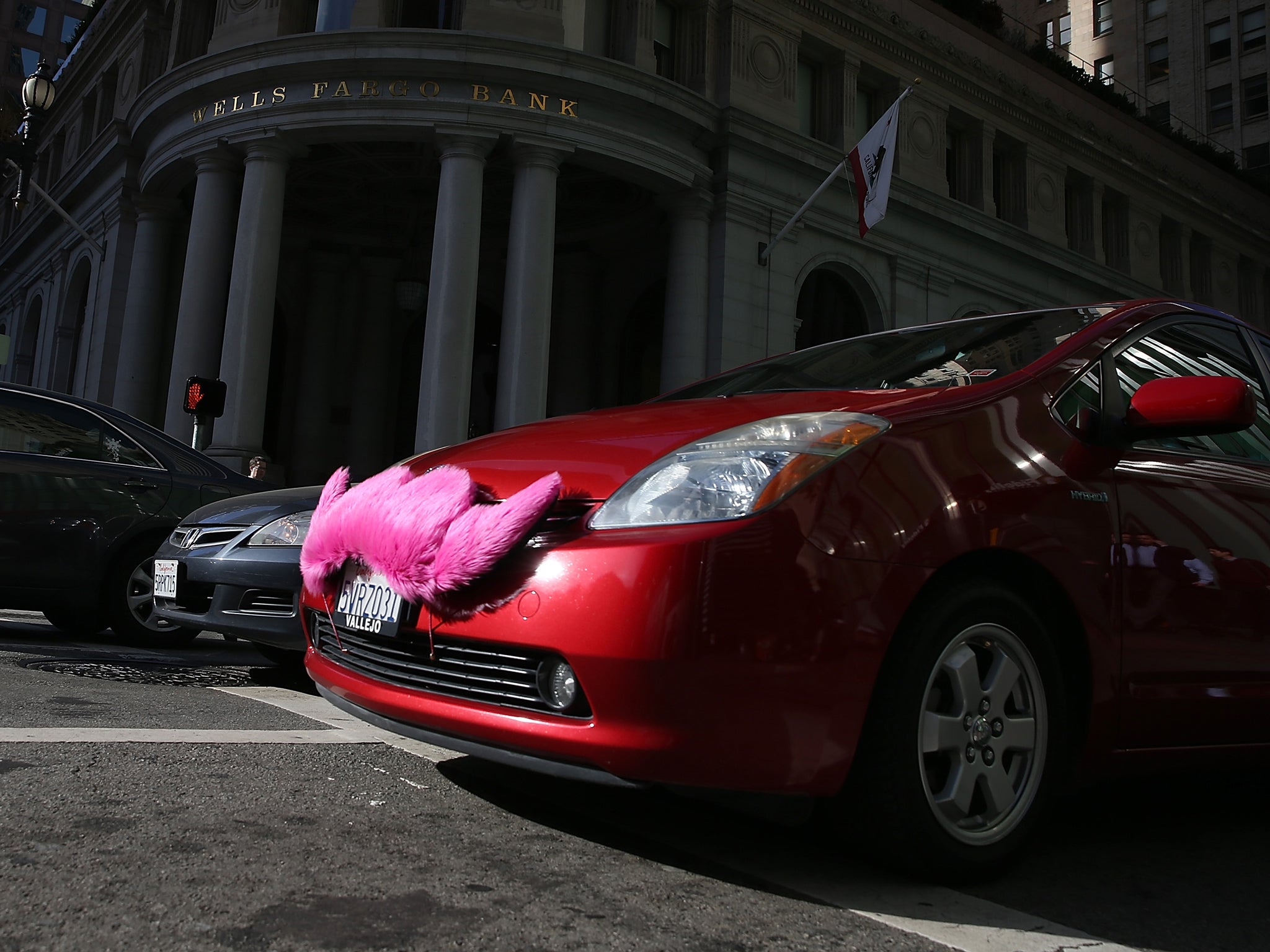Lyft and General Motors plan to test self-driving cars in the US
The announcement comes months after GM invested $500m in the ridesharing company

General Motors and Lyft will launch a test fleet of self-driving cars within the next year, a move that some believe could boost the US auto industry.
The Wall Street Journal says the companies hatched a deal to exclusively use the Chevrolet Bolt as its first self-driving vehicle using technology from the Cruise Automation startup, which GM plans to purchase for $1bn (£69.2m). GM invested $500m in Lyft in January - half of the ridesharing company’s $1bn fundraising efforts - in hopes to shape the future of the global auto industry.
The companies have not announced the city in which the self-driving cars tests will take place, and they are still working out details, the WSJ says.
“We will want to vet the autonomous tech between Cruise, GM, and ourselves and slowly introduce this into markets,” Lyft’s product director, Taggart Matthiesen, told the WSJ. The gradual introduction will “ensure that cities would have full understanding of what we are trying to do here.”
Early reports do not seem to indicate that Lyft intends to replace their entire fleet of drivers with autonomous vehicles - customers will initially be given the option to choose between riding with or without a driver.
Representatives for Lyft did not immediately respond to request for comment.
GM also aims to enlist Lyft as one of their primary customers for the upcoming release of the electric Bolt sedan. The company will also rent the Bolt to Lyft drivers in need of vehicles - a program that is already in place in Chicago using the Equinox sport-utility-vehicle.
The Detroit auto company is in a race with its primary competitor, Ford Motor Co, to establish itself within the Silicon Valley auto industry. The Los Angeles Times reported that Ford invested $182.2m in Pivotal Software Inc, a company whose technology is used by Lockheed Martin.
Despite the competition between manufacturers, both have reported nearly double the profits due to low gas prices the US, prompting them to strike while the iron is hot and invest in emerging technology companies.
Subscribe to Independent Premium to bookmark this article
Want to bookmark your favourite articles and stories to read or reference later? Start your Independent Premium subscription today.

Join our commenting forum
Join thought-provoking conversations, follow other Independent readers and see their replies